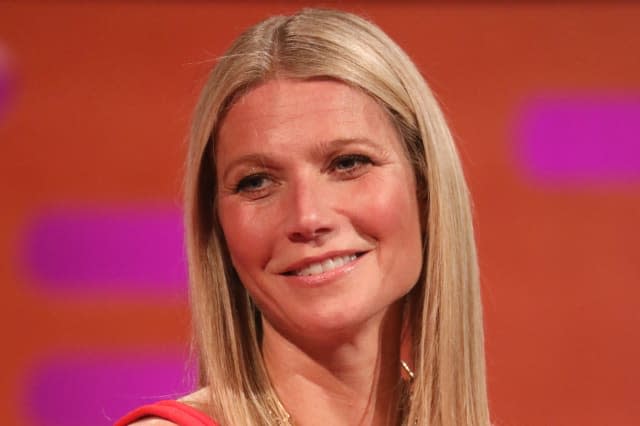Gwyneth Paltrow’s Goop criticised by head of NHS

Gwyneth Paltrow's wellness brand Goop has been singled out by the head of the NHS for promoting treatments that carry "considerable risks to health".
Sir Simon Stevens took aim at "dubious 'wellness' products and dodgy procedures" available from various online sources, saying the ease with which claims can spread on the web has put misinformation "on steroids".
"Quacks, charlatans and cranks" are exploiting people's health concerns through fake news spread online by the wellness industry, he warned in a speech in Oxford.
The chief executive of NHS England said consumers are risking their health and wasting their money by buying into "too-good-to-be-true remedies".
The NHS chief said: "Fresh from controversies over jade eggs and unusually scented candles, Goop has just popped up with a new TV series, in which Gwyneth Paltrow and her team test vampire facials and back a 'bodyworker' who claims to cure both acute psychological trauma and side-effects by simply moving his hands two inches above a customer's body.
"Gwyneth Paltrow's brand peddles 'psychic vampire repellent' (27 US dollars); says 'chemical sunscreen is a bad idea'; and promotes colonic irrigation and DIY coffee enema machines, despite them carrying considerable risks to health and NHS advice clearly stating there is 'no scientific evidence to suggest there are any health benefits associated with colonic irrigation'.
Sir Simon was speaking in An Oxford Conversation at the Sheldonian Theatre.
He continued: "While fake news used to travel by word of mouth – and later the Caxton press – we all know that lies and misinformation can now be round the world at the touch of a button – before the truth has reached for its socks, never mind got its boots on.
"Myths and misinformation have been put on steroids by the availability of misleading claims online.
"While the term 'fake news' makes most people think about politics, people's natural concern for their health, and particularly about that of their loved ones, makes this particularly fertile ground for quacks, charlatans, and cranks."

Sir Simon also said there is a concerning wealth of misinformation around established treatments.
He said Russian social media bots and anti-vax lies have undermined public faith in life-saving vaccines and spawned current health burdens.
Last year, the UK lost its measles elimination status, along with three other European countries.
At the time, the World Health Organisation said misinformation about vaccines was as contagious and dangerous as the diseases it helps to spread.
And social media company Pinterest vowed only to provide evidence-based information from leading health experts to its users in a bid to tackle false claims.


